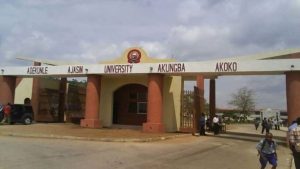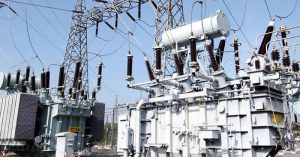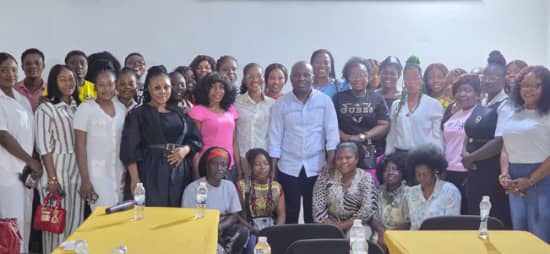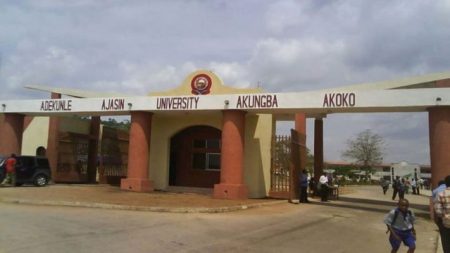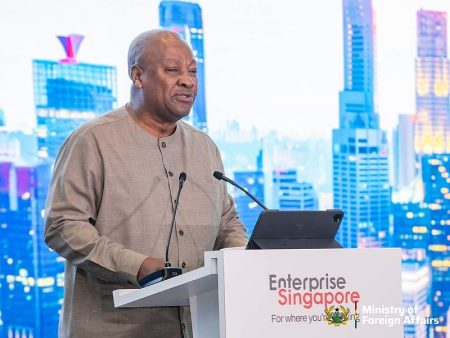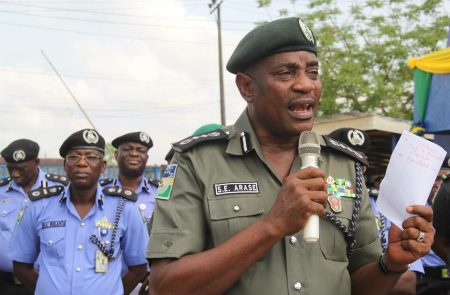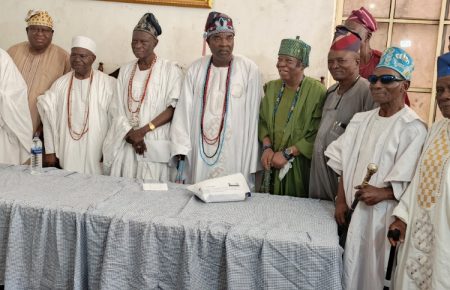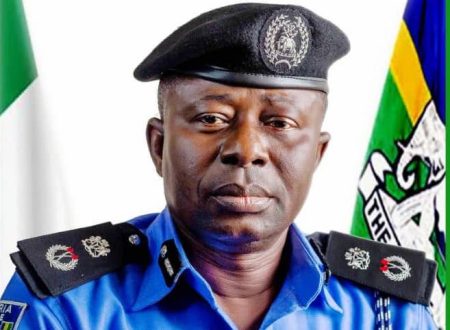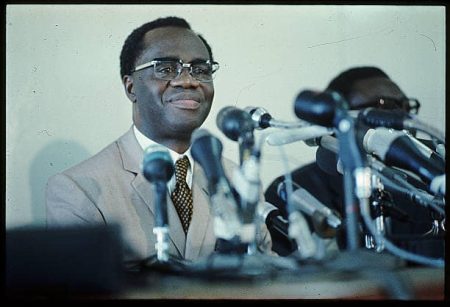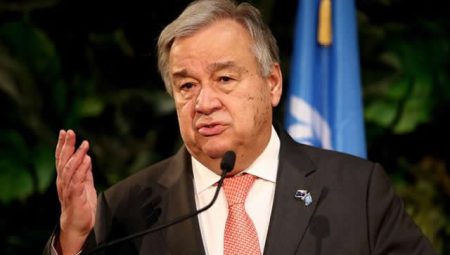Odeneho Kwaku Appiah, affectionately known as Chairman COKA, the former NPP chairman for the Afigya Kwabre South constituency, has underscored the vital role of female journalists in fostering peace and unity within Ghana. He emphasized the media’s significant influence on national cohesion, advocating for women in journalism to take a leading role in promoting peace advocacy. During his inaugural meeting with a select group of female journalists in the Ashanti Region, including show hosts, producers, reporters, and editors, COKA stressed the interconnectedness of the nation and how conflicts in any region invariably impact the entire country. He urged these journalists to act as ambassadors of peace, recognizing their power to shape public discourse and influence perceptions.
COKA highlighted the historical contribution of women to national development, referencing his own tenure as constituency chairman where he prioritized appointing women to leadership positions as a means of empowerment. He framed the engagement with female journalists as a gesture of appreciation for their contributions to the field and as a corrective measure to the often-observed marginalization of female journalists in political discourse. He criticized the tendency of political figures to predominantly engage with male journalists, neglecting the valuable perspectives and insights of their female counterparts. This meeting, he explained, was intended to address this imbalance and create a more inclusive environment for women to thrive in the media landscape.
COKA lauded the unwavering dedication of female journalists in their pursuit of compelling narratives and their impact on shaping public discourse. He urged them to maintain their professional integrity and adhere to ethical standards that promote national unity over division. He recognized their crucial role as storytellers, highlighting their significant contributions to the media landscape and expressing optimism about the potential of their engagement to motivate and inspire others within the field. By engaging directly with female journalists, COKA aimed to promote unity and collaboration within the journalism community, believing that a unified front empowers journalists to effectively fulfill their mandate and contribute meaningfully to society.
Furthermore, COKA encouraged professional development within the journalism community, particularly advocating for female journalists to register with the Ghana Journalists Association (GJA). He emphasized the benefits of belonging to a professional body, highlighting the support, protection, and guidance it provides throughout a journalist’s career. He positioned membership as a crucial step in professional growth and development, offering valuable resources and networking opportunities for those in the field. This, he argued, would further contribute to the professionalization of the field and empower journalists to operate with greater confidence and competence.
COKA’s initiative to engage directly with female journalists represents a significant step toward recognizing the vital role they play in shaping national narratives and influencing public discourse. His emphasis on peace advocacy, professional development, and unity within the journalistic community highlights the importance of a robust and inclusive media landscape. By empowering women in media and encouraging collaborative efforts, COKA seeks to foster a media environment that is representative, responsible, and dedicated to promoting national unity and development.
In conclusion, COKA’s engagement with female journalists served as a platform to acknowledge their contributions, encourage their professional growth, and empower them to be agents of positive change within Ghanaian society. His focus on peace advocacy underscores the critical role media plays in shaping public perception and influencing social cohesion. By promoting unity and collaboration within the journalism community, COKA envisions a stronger, more impactful media landscape capable of effectively addressing the complex challenges facing the nation and driving positive change. His initiative serves as a model for fostering a more inclusive and representative media environment within Ghana and beyond.


